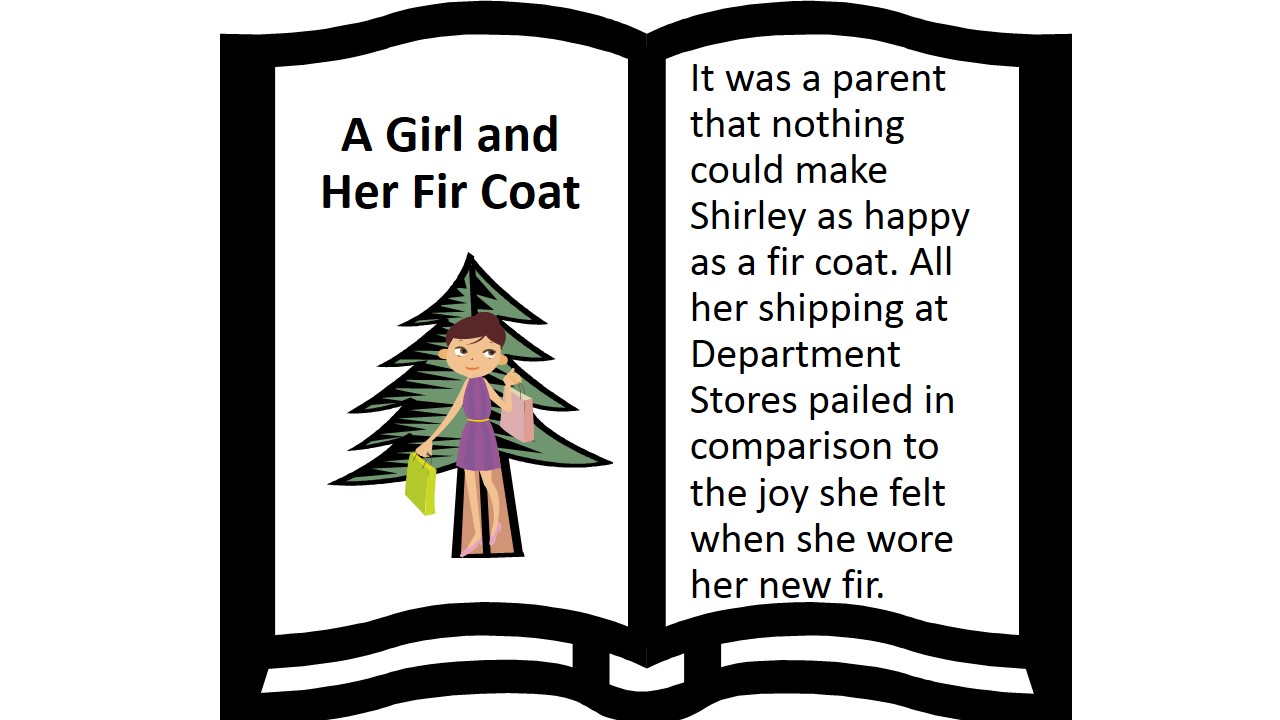“Annoying.” “Very irritating.” These are just a couple of the most common descriptives readers are using when talking about their frustrations with the numerous errors in e-books.
These readers are asking Amazon and other e-book distributors for refunds without finishing the books….and they’re getting them. This should be Chapter 1 in the “Don’t Let This Happen To You” handbook for indie writers.
It’s such a prevalent problem that there are entire forum threads in which readers are complaining about this problem. To give you some idea of their feelings, one of those readers said, “I really believe that writers need to make an effort and deliver a product worthy of what we are paying for it.”
Another contributor voiced a similar feeling, which sums up the sentiments of most, “When I pay for a book, I want it to be done correctly.”
Yet another reader had great advice for writers, “Stand out in the crowd – make that effort, and give readers the best experience possible. They’ll thank you with repeat business and recommendations.”
Information like this is extremely valuable to indie authors because it gives us important insights into what readers want, don’t want, and won’t tolerate. And let’s face it – once you turn a reader off with so many errors that they can’t read on, they’re not likely to give your upcoming books a chance.
So how can an author produce the cleanest copy and best possible experience for his/her readers? Some rely on proofreading software, but that doesn’t always do the trick. Here’s why:
1. Much like spell checking tools, many times it will allow incorrect words to remain unquestioned because they’re spelled correctly.
2. It won’t always pick up repetitions of words or phrases and so many other things that require a trained human proofreading eye.
3. OCR (Optical Character Recognition) scans are notorious for misreading certain letter combinations, especially in certain fonts: “th” can be misread as “til”, “1” instead of “i” or “l”, and “rn” is misread as “m”.
Rampant misspellings, punctuation errors, characterization problems (among the top three complaints), and spacing issues should all be corrected before you publish your book, especially if you introduce it through a limited time free offer – lots of readers take advantage of those offers, and word will quickly spread if they are annoyed by errors. As the saying goes, “you never get a second chance to make a first impression”.
Don’t take chances – nothing beats the accuracy of a sharp, trained, professional proofreader’s eye.